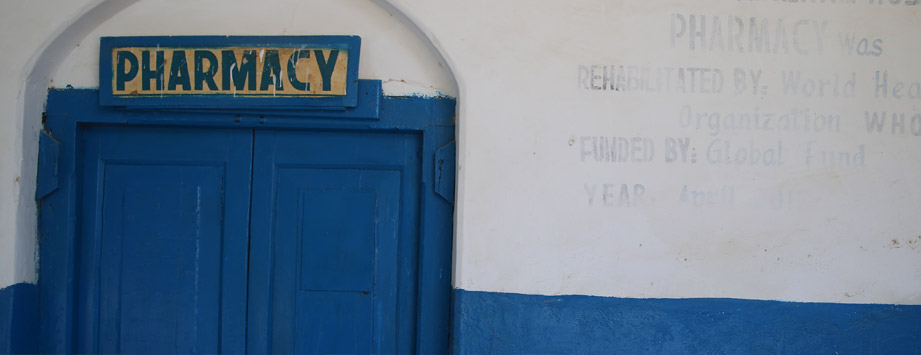Who we are
What we do
In collaboration with health authorities, we work to promote equitable access to safe, effective and high-quality essential medicines, vaccines and other health products primarily through the following actions:
Establish national supply chain management
We help establish and maintain a safe supply chain of essential medicines in the country.
Support the management of essential medicines
We support the management and safe storage of essential medicines and other pharmaceutical products.
Assess quality problems of medicines
We assess problems related to the quality of medicines and tackle problems related to the availability and accessibility of good-quality medicines for delivery of safe health care.



